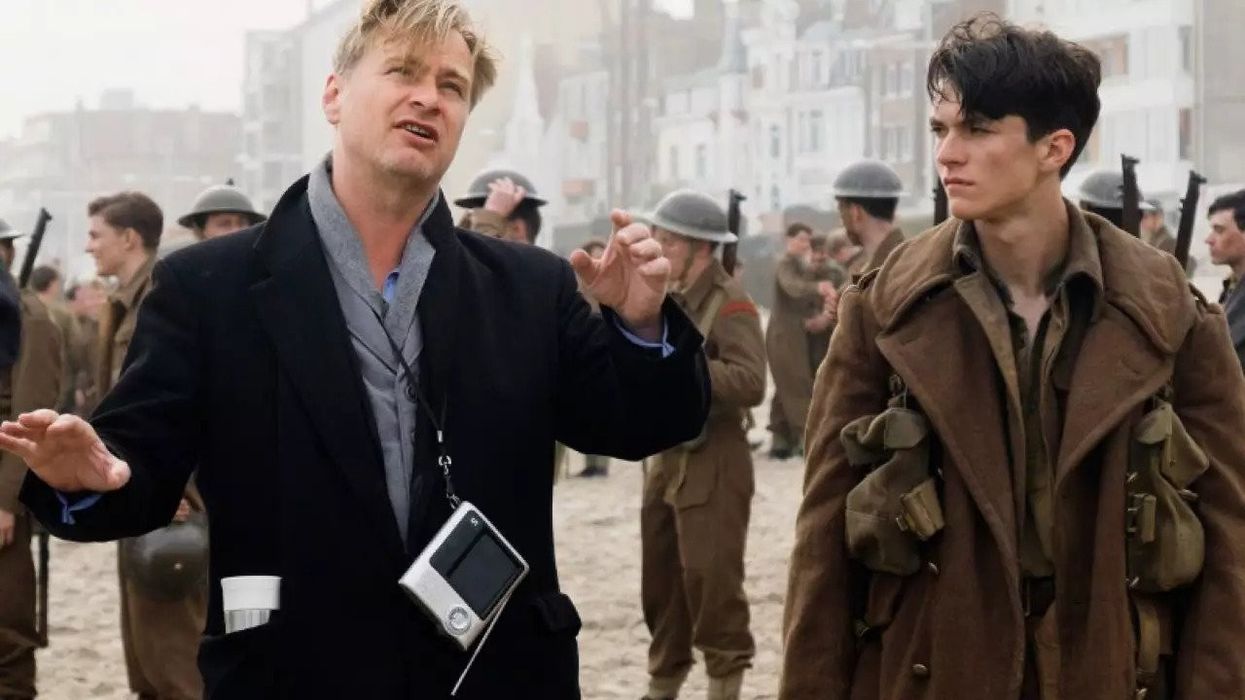The Thematic Richness of Christopher Nolan's Movies Can Help Your Storytelling
Christopher Nolan's movies are loaded with philosophy.

Christopher Nolan is one of the most influential directors working today. His films are deep meditations on life, humanity, and our sense of self. His new movie, Oppenheimer, will tackle the complicated legacy of the men who built and dropped the atomic bomb.
I found this incredible video online that takes a closer look at the filmography of Nolan through the lens of philosopher Kierkegaard, subjectivism, and how it ties into our concept of self.
Check out this video from Like Stories of Old and let's talk after.
Exploring the Thematic Richness of Christopher Nolan's Movies
Before we dig into Nolan, let's define subjectivism, which is the teaching that there is no external or objective truth because all knowledge is based on personal experience.
When you look at Nolan's movies Memento, Insomnia, Batman Begins, The Prestige, The Dark Knight, Inception, The Dark Knight Rises, Interstellar, Dunkirk, and Tenet, you see that he often deals with characters who are experiencing singular moments. And they are deciding what to believe about the world because of them. These beliefs range from the world being a dream, to the world being cruel, to the existence of true heroes.
Nolan's movies struggle with the concept of objective reality. That there is one truth we all live by. His characters are constantly seeking knowledge that might define themselves, and constantly pushing back on a higher truth that is forced upon them.
In a movie like Memento, we can see that truth is pushed on Leonard Shelby by outsiders trying to manipulate him. In Inception, Dom Cobb creates dream worlds, and to navigate them, he has to learn more about others to steal their ideas. Thus, his reality is subjective to them. In Dunkirk, we follow soldiers in different situations. Are they working for a greater moral good? Does that mean they will be successful?

What I love about Nolan is that he forces his characters to then confront who they are, as the world they've become accustomed to changes in front of them. They see the world subjectively, filtered through their perception and consciousness. It's how they adapt that determines if they survive. Whether that's a cop far from home who has to learn a new town and reconcile former crimes. Or a magician who begins to believe magic could be real—or at least that he can't explain what's in front of his eyes.
These complicated thematic elements are what make Nolan movies so deep.
Let me know your interpretations of his work in the comments.
Source: Like Stories of Old











